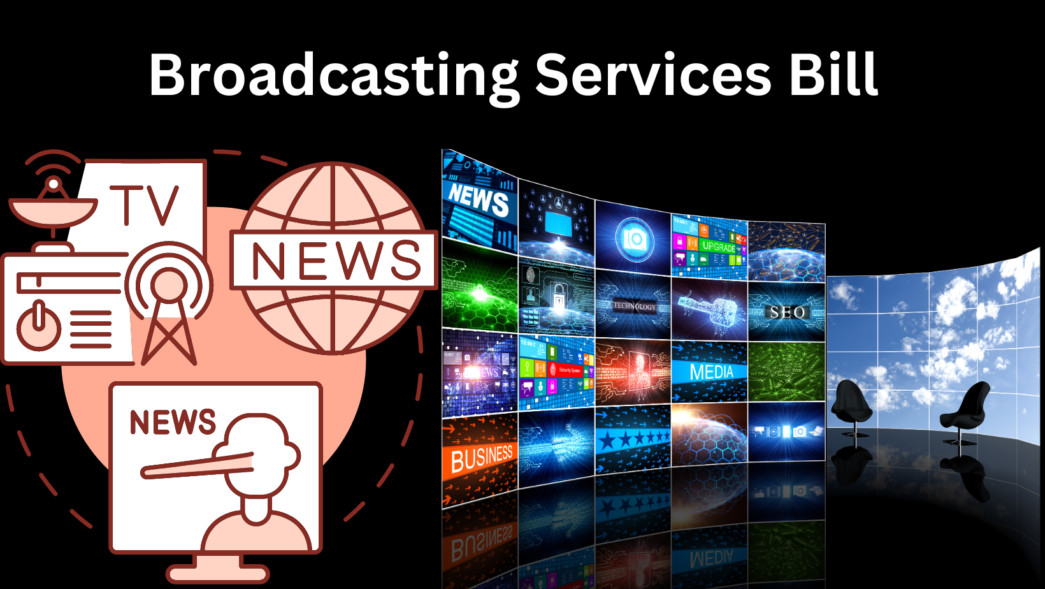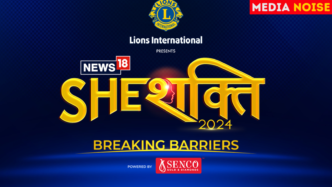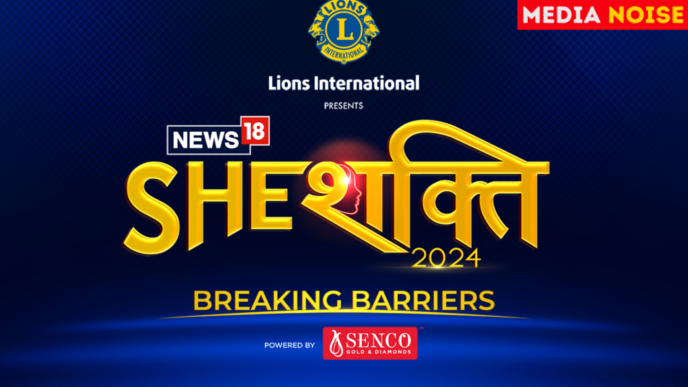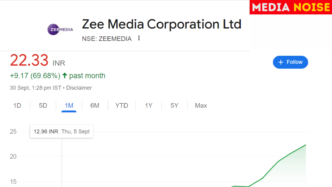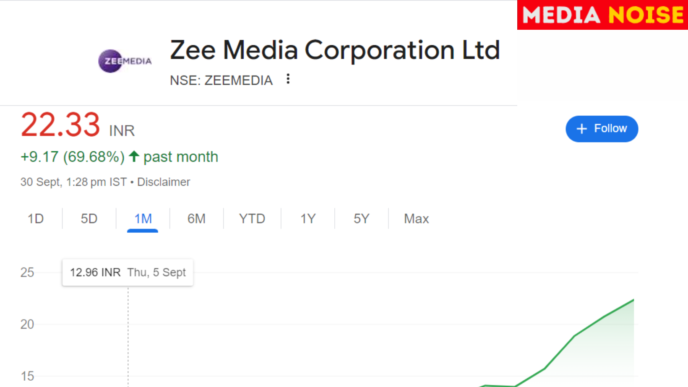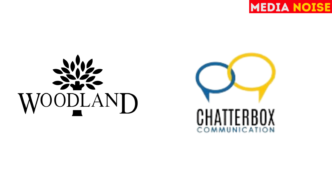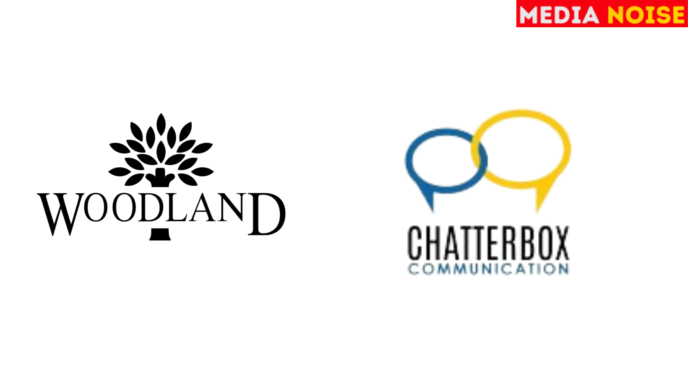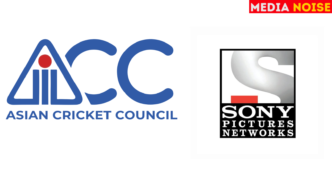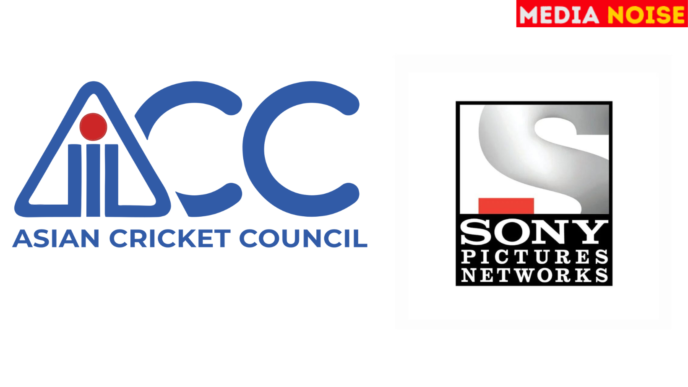New Delhi: A growing chorus of concern has erupted from media bodies over the provisions outlined in the draft Broadcasting Services Bill. Critics argue that the proposed legislation could pave the way for a multi-layered regulatory framework that stifles freedom of expression and imposes excessive control over digital content.
The DigiPub News India Foundation, representing over 90 digital news publishers, has expressed deep disappointment over the government’s lack of transparency in the drafting process. Ritu Kapur, the foundation’s general secretary, revealed that despite multiple attempts to engage in dialogue with the Ministry of Information and Broadcasting, their requests for participation in the consultation process have been met with silence.
Kapur emphasized the importance of inclusive consultations, stating that the ministry’s decision to conduct closed-door meetings with select stakeholders is a cause for concern. She underscored the need for broader discussions involving digital media organizations and civil society representatives to ensure a balanced and representative approach.
ALSO READ: Bata India Ignites Inner Strength with New Power Energy Collection
Echoing these concerns, Anant Nath, president of the Editors Guild of India, characterized the Broadcasting Services Bill as another step in a series of legislative measures designed to curtail freedom of expression. He warned that the bill, coupled with the IT Rules introduced in 2021, creates a complex and oppressive regulatory environment for media and content creators.
The government unveiled the draft Broadcasting Services (Regulation) Bill in November 2023 with the stated objective of consolidating regulations for the broadcasting sector, including OTT platforms, digital news, and current affairs. However, the latest draft, circulated discreetly by the government, has sparked further controversy due to its expanded scope.
Reports indicate that the new draft imposes stringent regulations on independent news creators operating on popular social media platforms such as YouTube, Instagram, and X. This expansion of regulatory control beyond OTT platforms and digital news outlets has alarmed media bodies and raised concerns about the potential impact on freedom of speech and expression.
As the debate intensifies, media organizations and civil society groups are urging the government to reconsider the provisions of the draft Broadcasting Services Bill and engage in meaningful consultations with all stakeholders. The outcome of this legislative process will have far-reaching implications for the media landscape in India and the rights of citizens to access information and express their opinions.

